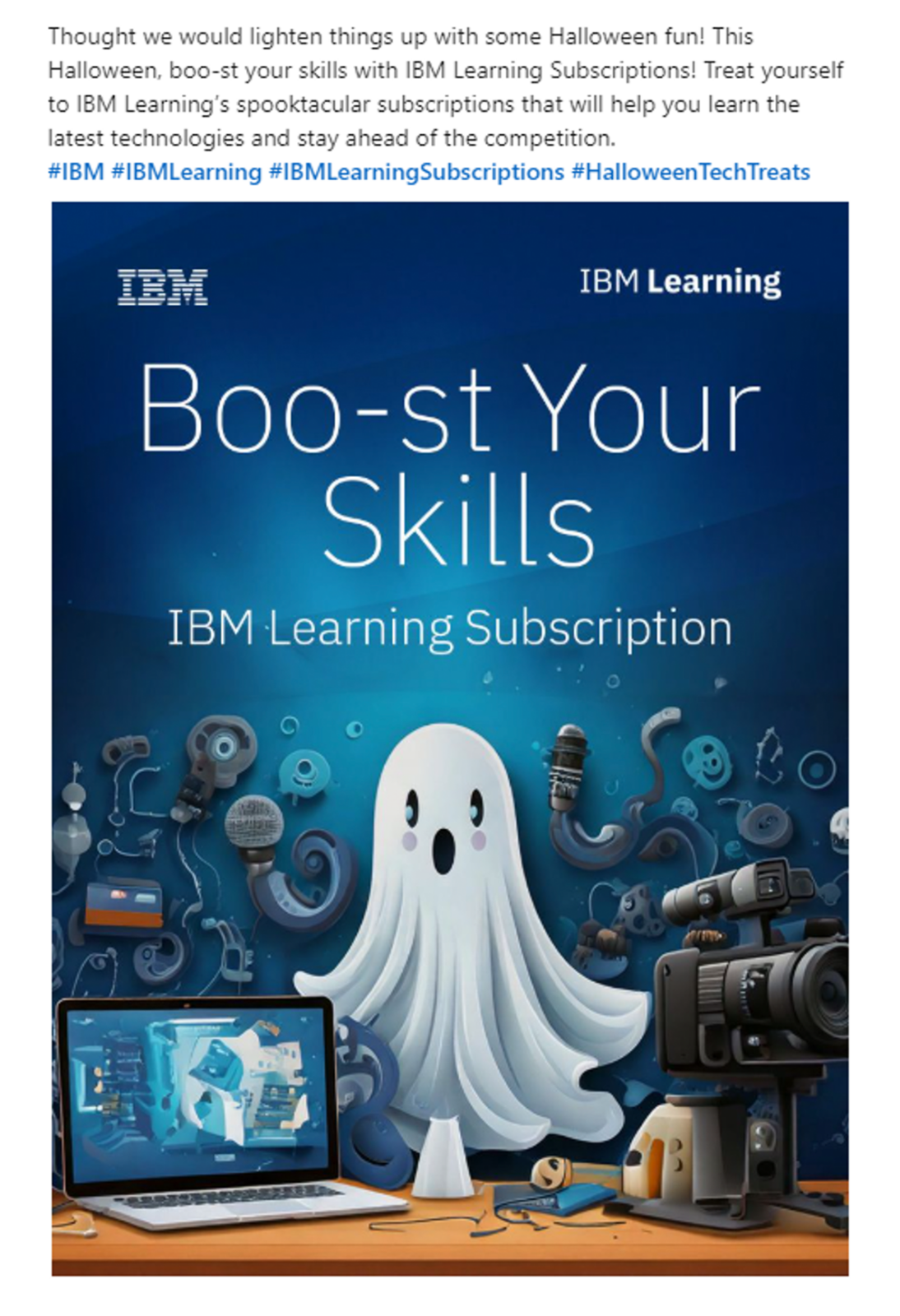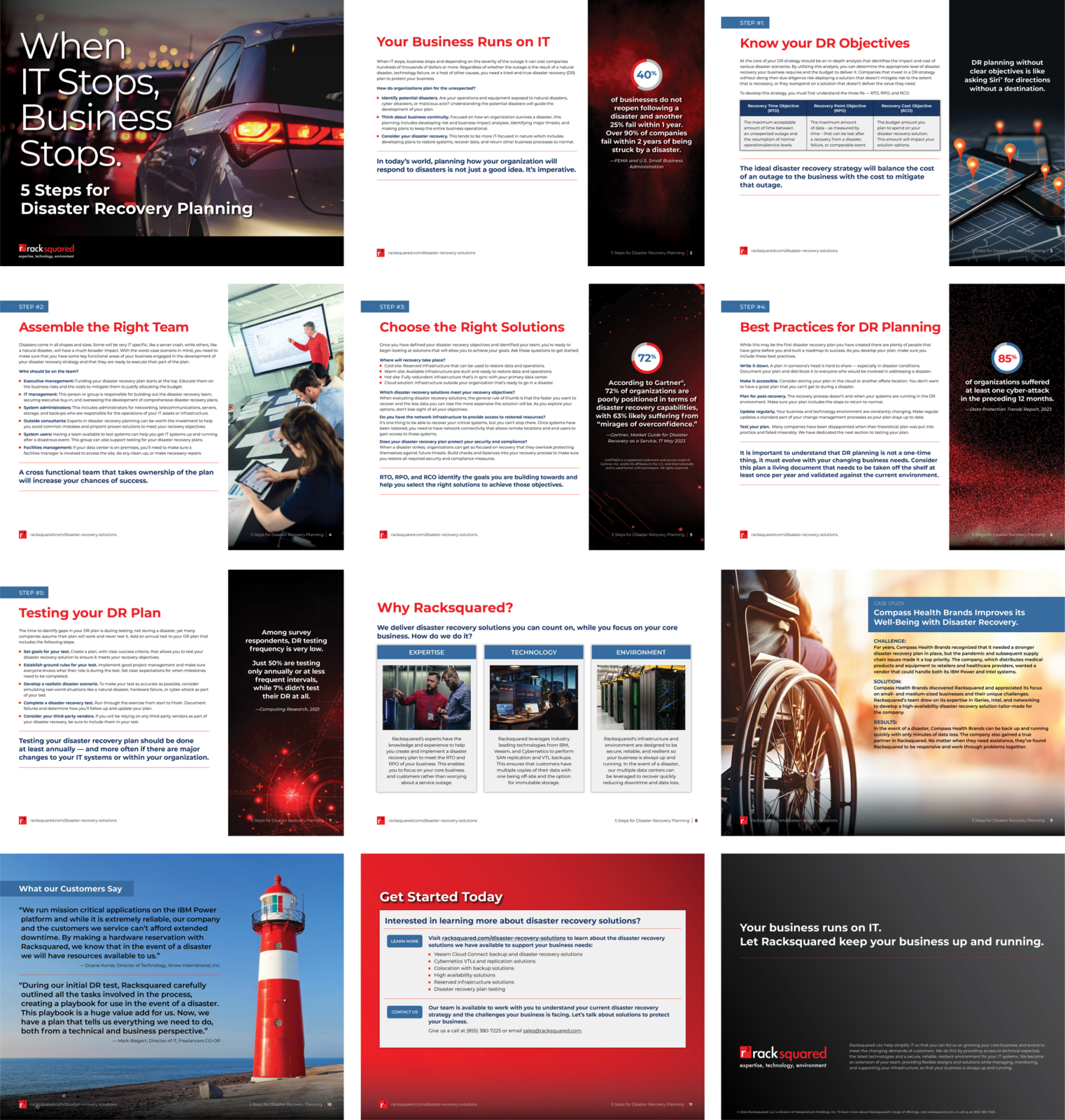Remember life before Google? Even when information existed in digital form somewhere, searching for it was mostly a manual process. Rereading David Weinberger’s 2007 Everything is Miscellaneous made me think about how far we’ve come to address search in the modern age, and how far there is to go.
It’s around here. Somewhere.
Searching network data stores with Windows’ native tools is slow, and the results are harder to interpret and to trust than those of modern Internet search engines.
“Just Google it!” works only sometimes, depending on the parameters a company has put in place to allow Internet searching of its data holdings.
Trying to find unstructured, “dark” data about a specific client opportunity, or even pictures from the last annual meeting, can be a challenge because most corporate documents are not stored in an easy-to-query database.
Without enough automation, search is a challenge
The data you’re after is increasingly tangled, even if you know the answers are somewhere on the corporate server. And it’s hard to know whether a particular source is reliable. Is this spreadsheet called “Q3-budget-revised-final-final-final.xls” really final?
The robots are coming to help
Apple and Microsoft have stepped up their game for desktop search, but network-wide search is still harder than it should be.
That’s why it’s exciting to see companies like Alation putting the power of machine learning-driven online search into more and deeper business contexts, by capturing, sorting, and indexing all kinds of corporate data—the kind of information that’s stashed on backend servers—and making that search not only friendlier, but more trustworthy.
Last year’s numbers—or last week’s?
Actually finding data is an important first step. But Alation goes past simply finding information, by establishing a level of trust for data with a combination of analytics and human input. That’s important, because not all data is created equal—sometimes data-sets are incomplete, inconsistently labeled, or based on the wrong assumptions. And the value of even the best data can shift over time.
With the deeper approach Alation takes, data stewards can endorse or warn about data sources, and annotate data for other users in the organization—so users can make informed decisions. Again, trust.
And when everyone in the organization knows not just what data’s available, but also which data assets are the most used data (and who uses or endorses them), they can choose data with greater confidence.
Don’t you wish you could do that for the whole Web?
Related reading: David Weinberger’s Everything is Miscellaneous, a still-current look into how digitization transforms our relationship to data. Another great read on the topic of how digitalization changes our access to information is James Gleick’s The Information.
DeLaune & Associates is passionate about technology and helping companies strategize, develop and deliver the digital marketing assets that help them communicate their own passion to their prospects and customers. Check out our work.




